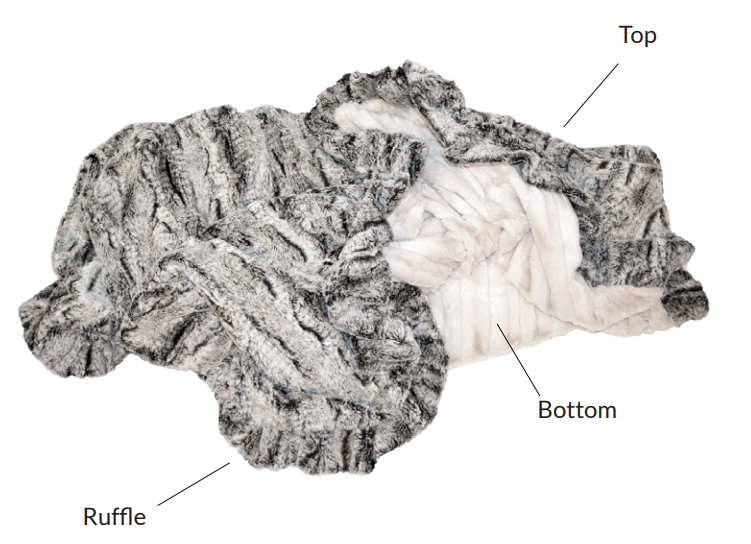Six ways to assess a dog's personality
Ever wonder what distinguishes a particular dog's behavior from another's? What makes it so stubborn compared to a friend's docile pet? Or why a certain canine friend has been so whimsical lately, one day affectionate but aloof and defensive the next? It turns out that several factors determine a dog's personality, a subset of observable behavior.
Like humans, a dogs' temperament result from an interaction between nature and nurture—genes and environment. People tend to view genes and environment as separate spheres of influence, but the two actually very intertwined. A person's or a dog's genetic code is not static as DNA reflects experiences. So nature and nurture are in fact locked in a cycle that determines personality, among other characteristics (e.g., disease.)
For dogs, genetic and environmental forces can be further broken down into 6 factors of mutual influence: breed, age, sex—genes—and owner's gender, personality, and training style—environment.
Breed
This category is well-documented for its impact on personality. We know for example that American Pit Bull Terriers are infamous for their uncontainable rage and loyalty to their owners, that American bulldogs tend to be kind and gentle and that Golden Retrievers are active and friendly. Breed is one way genes affect temperament.
Age
Younger dogs tend to be more extroverted, bold, active and trainable. As they grow older, they become more introverted, safe, calm and stubborn.
Sex
Female dogs have been shown to be less bold, more trainable, calmer and less distracted than their male counterparts, while males are more aggressive and less affectionate. Biological predisposition can thus affect a dog's personality through their sex.
Owner's gender
An owner's gender interacts with a dog's genetic predispositions (above.) For example women tend to have more affectionate and trainable dogs than men do, whereas men tend to have bolder dogs. Gender can thus act in ways to amplify or discourage some dog traits.
Owner's personality
In another groundbreaking study, dogs and owners were shown to display similar traits like extraversion and neuroticism. The results of the study suggest that owners may have adopted dogs with similar personalities as them, further encouraging the dog to develop those traits with positive reinforcement.
Owner's training style
Owners who spend at least 3 hours with their dogs are better able to train them. But the effectiveness of this tactic further depends on the dog's personality and age, demonstrating another way in which nature and nurture interact.
In trying to assess a dog's personality, behavior in one restricted context should not be the only source of evidence. In order to have a more thorough picture, looking at the dog's sex, training, age, breed and owner's personality and gender can provide better insight.
Article written by Melissa Beaulieu.


